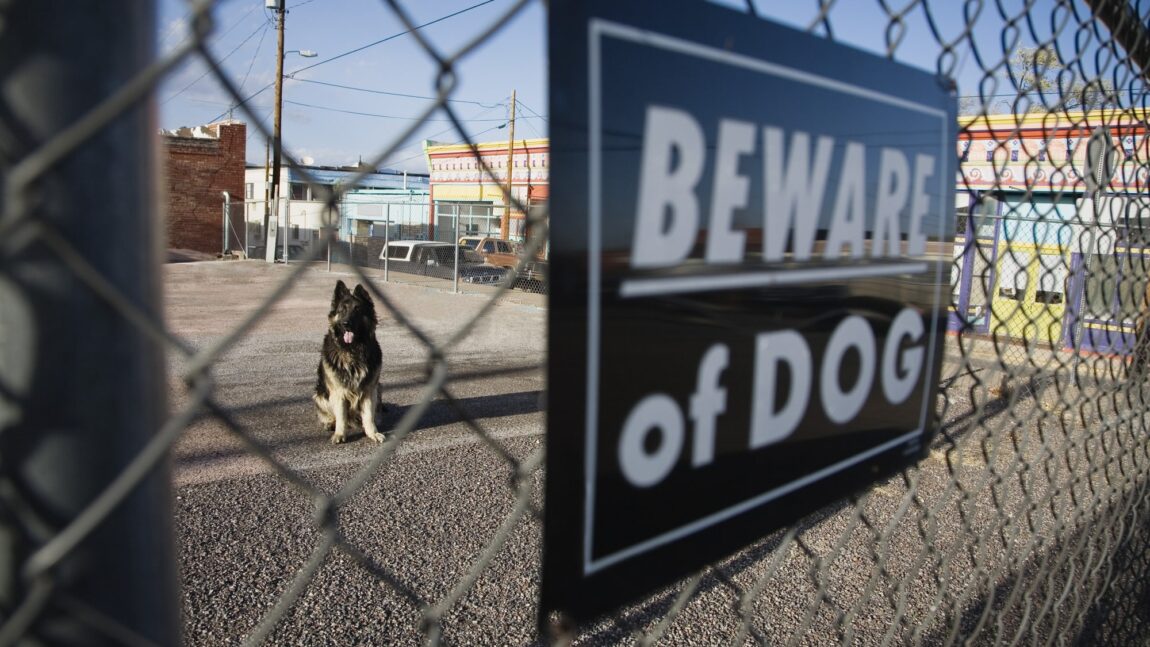Significant financial burdens, physical injuries, and emotional distress are all aspects that victims of dog bites may experience. In such situations, understanding dog bite liability is crucial for victims seeking justice and compensation. This blog will delve into the essential aspects of dog bite liability, including legal responsibilities, the role of insurance, and the potential defenses available to dog owners.
Introduction To Dog Bite Liability
Dog bite liability refers to the legal responsibility that dog owners or caretakers may have if their dog bites someone. This liability can vary significantly depending on the jurisdiction, but generally, it aims to hold dog owners accountable for the actions of their pets. The primary goal is to ensure that victims receive fair compensation for their injuries and related damages.
Legal Responsibilities Of Dog Owners
Dog owners have a duty to ensure their pets do not pose a threat to others. This responsibility includes proper training, adequate restraint, and supervision of their dogs. If a dog bite occurs, the owner may be held liable for the victim’s injuries. The extent of this liability can depend on several factors, including the circumstances of the bite, the dog’s history, and local laws.
In some jurisdictions, strict liability laws apply, meaning the dog owner is automatically responsible for any injuries caused by their dog, regardless of the circumstances. Other areas may follow a “one bite rule,” where the owner is only liable if they knew or should have known that their dog had a propensity to bite. Regardless of the specific laws in place, dog owners are generally expected to take reasonable steps to prevent their dogs from causing harm.
The Role Of Insurance In Dog Bite Cases
A source of compensation for victims can be found through homeowner’s or renter’s insurance policies. These policies can cover medical expenses, lost wages, pain and suffering, and other related costs. However, insurance companies may try to minimize the payout or deny the claim altogether. In such cases, having a knowledgeable dog bite lawyer can be invaluable in negotiating with the insurance company and ensuring the victim receives fair compensation.
Potential Defenses For Dog Owners
Dog owners facing liability for a bite incident may have several potential defenses available to them. One common defense is provocation, where the owner argues that the victim provoked the dog, leading to the bite. Another defense could be trespassing, where the owner claims that the victim was unlawfully on their property at the time of the incident. Additionally, some jurisdictions may allow the owner to argue that they had no prior knowledge of the dog’s aggressive tendencies.
These defenses can complicate dog bite cases, making it essential for victims to gather as much evidence as possible to support their claims. This evidence may include medical records, witness statements, and any documentation of the dog’s history or previous incidents.
Seeking Legal Assistance
Given the complexities of dog bite liability, seeking legal assistance is often a wise decision for victims. Attorneys, like those at Welts, White, & Fontaine, P.C., can attest to the importance of having professional guidance in these cases. A skilled lawyer can help victims understand their rights, manage the legal process, and build a strong case to maximize their chances of receiving fair compensation.
Final Thoughts On Dog Bite Liability
It’s crucial to understand the legal landscape surrounding dog bite liability because incidents of this nature can lead to severe consequences. By being aware of the responsibilities of dog owners, the role of insurance, and the potential defenses in these cases, victims can better protect their rights and seek the compensation they deserve. Whether dealing with strict liability laws or the “one bite rule,” having a reliable lawyer by your side can make a significant difference in the outcome of your case.



